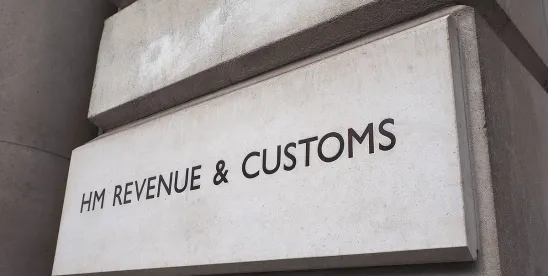As part of its drive to digitise the UK border and immigration system, with effect from today, the UK government has now opened the process for obtaining an electronic travel authorisation (ETA) for eligible non-European nationals who must hold an ETA if travelling to or through the UK from 8 January next year.
The affected nationals are citizens of: Antigua and Barbuda, Argentina, Australia, Barbados, Belize, Botswana, Brazil, Brunei, Canada, Chile, Colombia, Costa Rica, Grenada, Guatemala, Guyana, Hong Kong. Special Administrative Region (including British National (Overseas)), Israel, Japan, Kiribati, Macao Special Administrative Region, Malaysia, Maldives, Marshall Islands, Mauritius, Mexico, Federated States of Micronesia, Nauru, New Zealand, Nicaragua, Palau, Panama, Papua New Guinea, Paraguay, Peru, St Kitts and Nevis, St Lucia, St Vincent, and the Grenadines, Samoa, Seychelles, Singapore, Solomon Islands, South Korea, Taiwan, The Bahamas, Tonga, Trinidad and Tobago, Tuvalu, United States and Uruguay.
Eligible nationals of Gulf Cooperation Council countries have been required to obtain an ETA for travel to or through the UK since 25 October this year.
Eligible Europeans will be able to apply from 5 March 2025 and must have an ETA to travel to the UK from 2 April 2025.
An ETA gives permission to travel to the UK but is not the same as a UK visa. It is very similar to the ESTA system for travelling to the US which has been in place for many years. An ETA is electronically linked to the traveller’s passport and is intended to enhance security by enabling checks before the individual’s travel to the UK.
When is an ETA required?
Eligible nationalities (listed above) must obtain an ETA prior to entering the UK for:
- visits of up to 6 months for tourism, visiting family and friends, business or short-term study
- visits of up to 3 months on the Creative Worker visa concession
- visits for a Permitted paid engagement
- when transiting through the UK – including if they are not going through UK Border Control
Who does not need an ETA?
You do not need an ETA to travel or transit through the UK if any of these apply to you:
- you have a UK visa
- you have permission to live, work or study in the UK (including settled or pre-settled status under the EU Settlement Scheme)
- you are a British or Irish citizen
- you are travelling with a British overseas territories citizen passport
- you live in Ireland and you are travelling from Ireland, Guernsey, Jersey or the Isle of Man
What you cannot do with an ETA
- stay in the UK for longer than 6 months
- do paid or unpaid work for a UK company or as a self-employed person, unless you are doing a permitted paid engagement or event or work on the Creative Worker visa concession
- claim UK public funds (benefits)
- live in the UK through frequent or successive visits
- marry or register a civil partnership in the UK, or give notice of marriage or civil partnership – you will need to apply for a Marriage Visitor visa
How do I apply and how long does it take for an ETA application to be processed?
Applicants apply online using the UK ETA app or online and will usually receive a decision within 3 working days.
All that is required to apply is:
- the passport you will travel with – not a photocopy or digital passport
- access to an email account
- a credit card, debit card, Apple Pay or Google Pay
You will need to upload or take photos of the:
- passport
- face of the person applying
You do not need to enter your travel details.
How long will an ETA be valid for?
An ETA lasts for 2 years. Visitors can travel to the UK as many times as they want during that time using the same ETA. If you obtain a new passport, you will need to apply for a new ETA.
How much does an ETA cost?
An ETA costs £10 and permits multiple journeys to the UK of up to six months at a time over two years or until the holder’s passport expires, whichever is sooner.
What about visitors travelling to Europe?
The EU is introducing the Entry/Exit System (EES) for non-EU nationals travelling for short stays to 29 European countries from 2025 but the exact date is yet to be confirmed. Further information can be found here: EES – European Union




 />i
/>i
